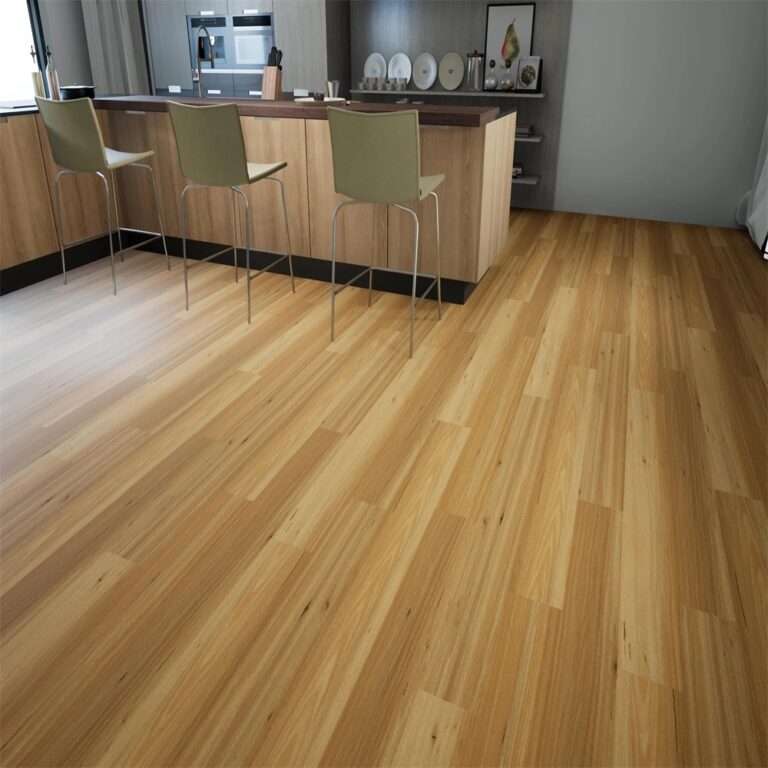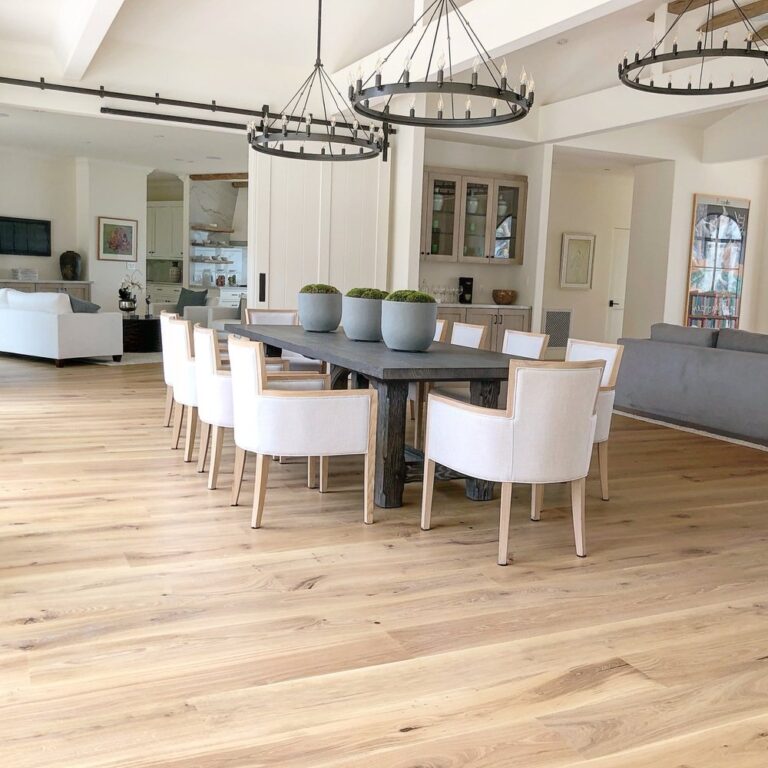Rediscovering Linoleum’s Green Heritage
Linoleum flooring, known for its durability and versatility, also boasts a remarkable eco-friendly profile that makes it highly desirable among sustainability-conscious consumers. This article delves into the sustainable secrets that make linoleum a top choice for green building projects and eco-friendly homes.
Made from Mother Nature’s Best
Natural Ingredients: Linoleum is crafted from a blend of renewable materials, including linseed oil (derived from flax), wood or cork flour, and natural resins. These materials are sourced from sustainably managed forests and farms, ensuring minimal impact on the environment.
Biodegradable and Recyclable: Unlike many synthetic flooring options that contribute to landfill waste, linoleum is completely biodegradable. It can also be recycled at the end of its life, thereby reducing its environmental footprint and supporting the principles of circular economy.
Low Impact on Indoor Air Quality
Non-toxic and Low Emissions: Linoleum is a natural product with low volatile organic compound (VOC) emissions. This means it doesn’t release harmful gases into your home, maintaining a safer indoor air quality compared to some other flooring choices.
Antibacterial Properties: Due to its natural composition, linoleum inhibits bacterial growth without the need for chemical treatments. This natural resistance helps maintain a cleaner and healthier indoor environment.
Energy Efficient Production
Efficient Manufacturing Processes: The production of linoleum flooring requires less energy compared to synthetic flooring materials such as vinyl. This energy efficiency further enhances its status as a sustainable flooring option.
Long Lifespan Reduces Resource Consumption: Durable and hardwearing, linoleum floors can last up to 40 years if properly maintained. The longevity reduces the demand for replacement materials and the energy associated with manufacturing and transporting new products.
Aesthetic Flexibility with Environmental Benefits
Versatile Designs: The modern linoleum flooring market offers a wide variety of colours and patterns. Improved manufacturing techniques mean that it can mimic other materials like hardwood or stone, providing aesthetic flexibility without sacrificing environmental ethics.
Seamless Installation and Maintenance: Linoleum can be installed with minimal waste, and its maintenance requires less harsh chemicals than many other flooring types. These factors further diminish its environmental impact.
Contribution to Sustainable Architecture
LEED Certification: Use of linoleum flooring can contribute towards achieving LEED (Leadership in Energy and Environmental Design) certification for green building projects. Its sustainable properties help meet criteria for energy use reduction, sustainable materials usage, and indoor environmental quality.
Linoleum flooring unites practicality and aesthetic appeal with stringent environmental stewardship. As more individuals and businesses prioritize sustainability, the timeless appeal of linoleum continues to make a significant resurgence in the flooring industry. Whether for new construction or remodelling, its compelling environmental benefits make linoleum an excellent choice for those looking to reduce their ecological footprint while enhancing the beauty of their spaces.











